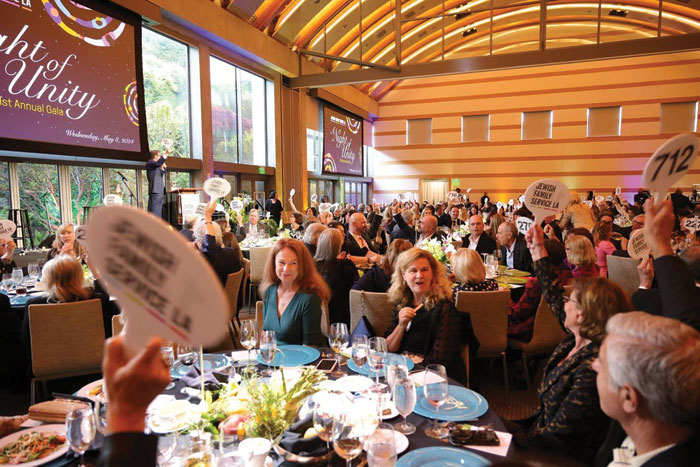A former CIA man blogged Sunday about the awkward juxtaposition last week between the National Prayer Breakfast and the Bush administration’s assertion’s that waterboarding is a permissable form of interrogation that does not qualify as “torture.”
I missed the National Prayer Breakfastâfor the 45th time in a row. But, as I drove to work I listened with rapt attention as President George W. Bush gave his insights on prayer:
âWhen we lift our hearts to God, weâre all equal in his sight. Weâre all equally precious…In prayer we grow in mercy and compassion…. When we answer Godâs call to love a neighbor as ourselves, we enter into a deeper friendship with our fellow man â and a deeper relationship with our eternal Father.â
Vice President Dick Cheney skipped Thursdayâs prayer breakfast in order to put the final touches on the speech he gave later that morning to the Conservative Political Action Conference. Perhaps he felt he needed some extra time to devise careful words to extol âthe interrogation program run by the CIA…a tougher program for tougher customers, including Khalid Sheikh Mohammed, the mastermind of 9/11,â without conceding that the program has involved torture.
But there was a touch of defensiveness in Cheneyâs remarks, as he saw fit repeatedly to reassure his audience yesterday that America is a âdecentâ country.
After all, CIA Director Michael Hayden had confirmed publicly on Tuesday that Khalid Sheikh Mohammed and two other âhigh-valueâ detainees had been waterboarded in 2002-2003, though Hayden added that the technique has since been discontinued.
An extreme form of interrogation going back at least as far as the Spanish Inquisition, waterboarding has been condemned as torture by just about everyoneâexcept the hired legal hands of the Bush administration.
Ray McGovern, who works with the publishing arm of the Church of the Saviour, goes on to compel American religious leaders to speak about the moral failures of permitting torture.
Sometimes it takes a truth-telling outsider to throw light on our moral failures.
South African Methodist Bishop Peter Storey, erstwhile chaplain to Nelson Madela in prison and longtime outspoken opponent of apartheid, has this to say to those clergy who might be moved to preach more than platitudes:
âWe had obvious evils to engage; you have to unwrap your culture from years of red, white, and blue myth. You have to expose and confront the great disconnect between the kindness, compassion, and caring of most American people and the ruthless way American power is experienced, directly or indirectly, by the poor of the earth. You have to help good people see how they have let their institutions do their sinning for them.
âAll around the world there are those who long to see your human goodness translated into a different, more compassionate way of relating with the rest of this bleeding planet.â





















 More news and opinions than at a Shabbat dinner, right in your inbox.
More news and opinions than at a Shabbat dinner, right in your inbox.